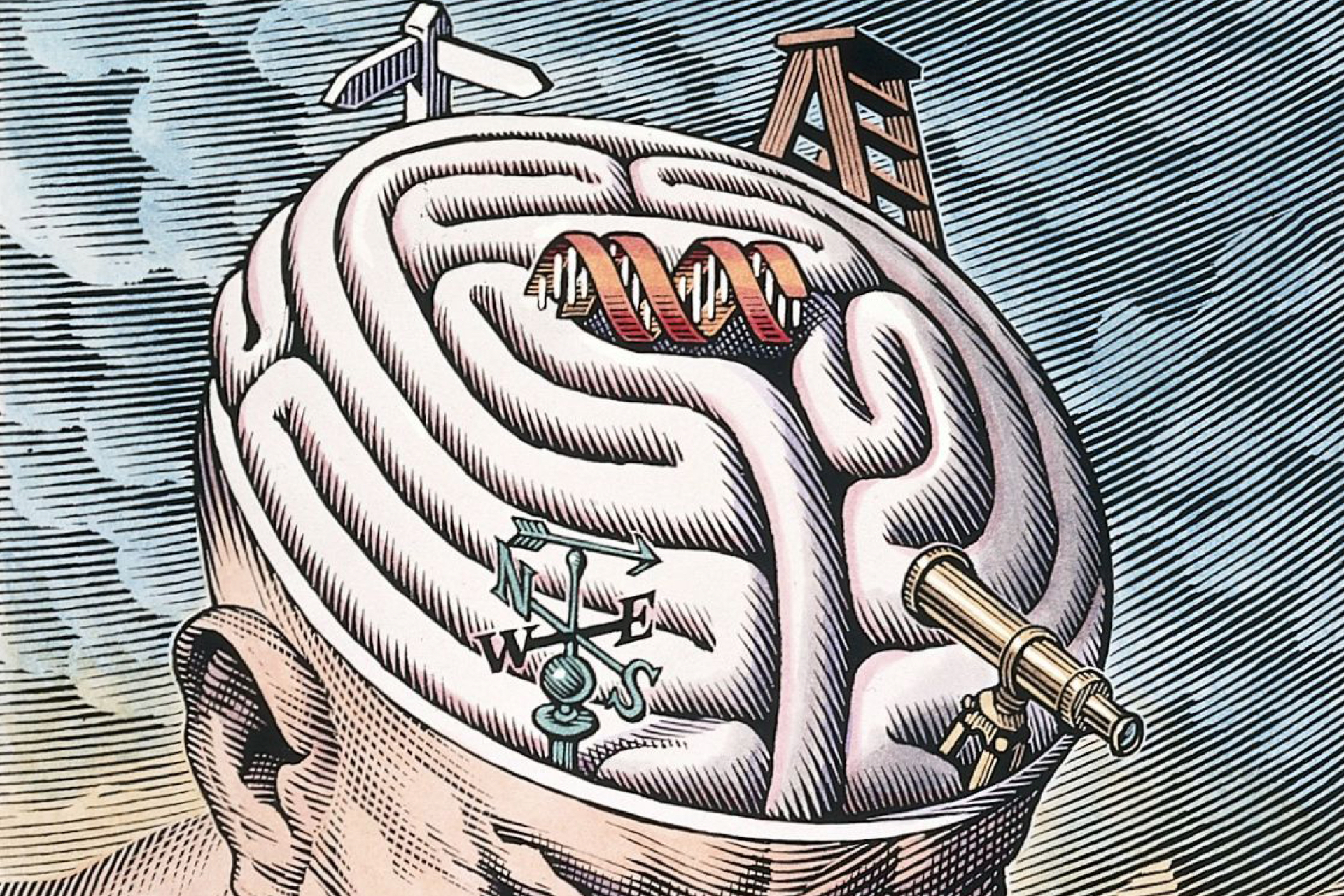The High Court has refused a claim by the ProLife Alliance that a BBC ban on the group's election broadcast be subject to judicial review. The short programme, which shows pictures of aborted fetuses, was banned from broadcast in Wales by the BBC on the grounds that it contravenes its taste and decency guidelines. The ProLife Alliance sought permission to bring a case for judicial review to assess the legality of the ban.
Refusing to grant a review, Mr Justice Scott Baker noted that there is no legal obligation upon television channels to allow political parties to broadcast whichever images they wish to. The BBC's lawyer talked of 'a right to be protected against disturbing images', whilst his opponent maintained a right to freedom of expression.
Over the weekend, commentators opposed the ban, but for very different reasons. Mary Kenny, in the Sunday Telegraph, suggested that the BBC's discussion of offensive images reinforced the prolife point: 'The dismembered fetus distresses us precisely because it asks us "was this a human being?" And that is why broadcasters believe we must be shielded from the image.'
Meanwhile, Ann Furedi, of the British Pregnancy Advisory Service, said a ban only served to give publicity to a party which has little support. 'As voters we should have the right to witness it as they want it to be seen... I would prefer to allow the people of Wales to deliver their verdict. Let the ProLife Alliance show their video and be damned.'
Sources and References
-
The images they are too scared to broadcast
-
Give them enough rope
-
ProLife Alliance broadcast battle lost



Leave a Reply
You must be logged in to post a comment.